Welcome to the Family!
🎉 Welcome to the inaugural edition of OHF Weekly, brought to you from our new digital home at ohfweekly.org! We’re glad you could join us on this next leg of our journey in advocating for racial equity. In case you’re wondering if we’ve left Medium, the truth is we haven't “left Medium” as much as we’re supplementing the work we’ve done there with a fresh and exciting approach that affords us more control in our growth and direct access to you, our readers.
No matter if you’re basking in the balmy subtropical climate of the southeast, huddled to keep warm in the grips of Old Man Winter in the northeast, or soaking up the sun in the southwest, kick back with our articles, and expand your awareness of the world around you. You’ll be glad you did.
How This All Works
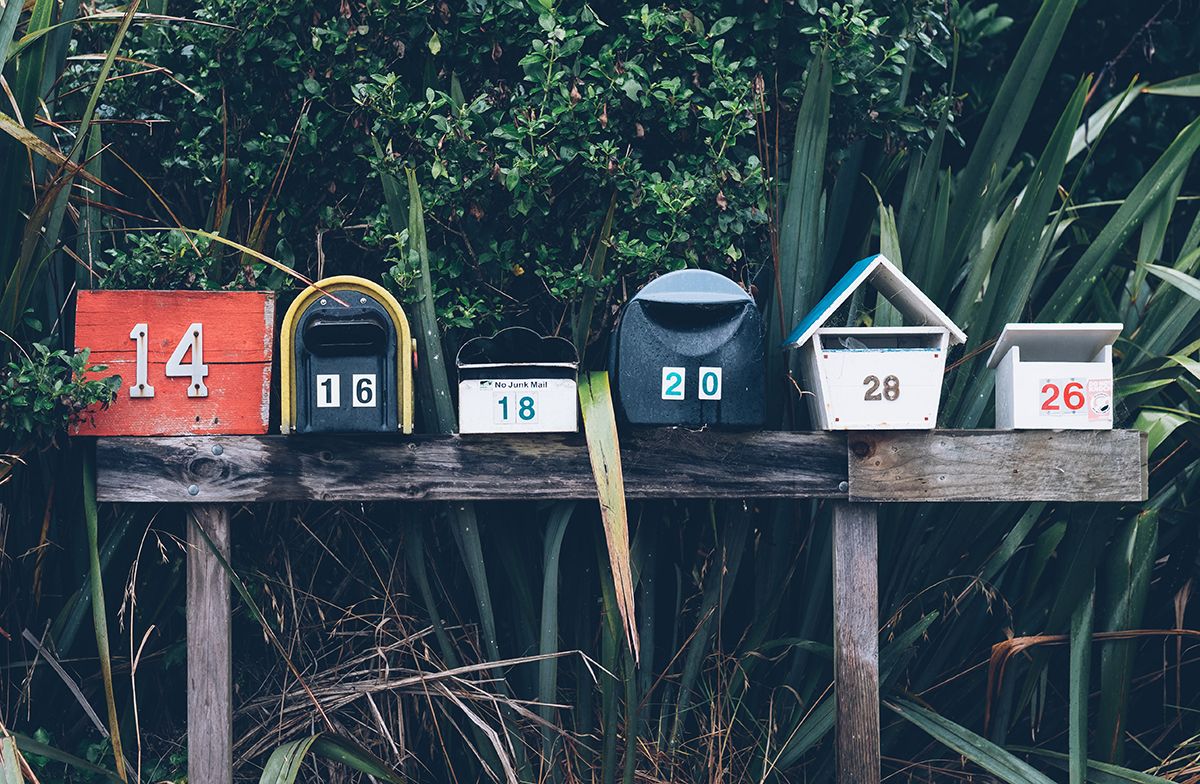
The OHF Weekly editors and guest writers are working hard each week to deliver exclusively to our paid subscribers every week: an op-ed from a member of our editorial staff, two newly published articles, a legacy story you may have missed, behind-the-news tidbits on developing projects, and announcements of upcoming events.
So without further ado, here we go!
Letter from the Editor: The First Allies of George Floyd

The trial of Derek Chauvin, the former Minneapolis police officer the world watched murder George Floyd last year, began Monday. On the day of opening arguments I mentioned my skepticism in any jury’s ability to deliver justice for Mr. Floyd’s family due to the lethal level of white supremacy and anti-Black prejudice baked into American society. A conviction of Chauvin on any of the three charges requires a guilty votes by all twelve members of the jury—a single hold-out and Chauvin leaves the court a free man.
Revisiting the murder of Mr. Floyd still traumatizes me. I have purposely avoided watching the complete footage of his demise. The snippets I have seen of Mr. Floyd pleading for his life while being executed in a manner unfit for a dog is all I need see. I know how the story ends.
The work of advocating for racial equity is no crime, but an act of love.
If viewing the other footage presented of Mr. Floyd—whether laughing with people inside the Cup Food convenience store, sorting through the contents of his pockets, or emotionally breaking down at gun point with the police—is tough for me (which it is), I cannot begin to imagine the depth of grief and abject pain his loved ones are experiencing. Watching the trial must surely reopen their wounds. My heart breaks for them.
Judging from the witnesses’ reactions during their testimonies thus far, reliving the events of that day scars their psyches all over again. Today is Day 3 of the trial, and I holed myself away from the trial to write this article. On a brief break, I caught sight of an eyewitness on the witness stand, Charles McMillian, an older Black man with a white beard sobbing into tissues. The trauma is profound. And the damage palpable.
I am in no way the spokesperson for all Black people throughout the land nor do I pretend to be, but as a Black of a certain age, it’s safe to say that Black people the world over, especially those of us America, are also being retraumatized all over again as well. The public execution of a Black man is nothing new in America. Since the São João Baustista arrived in Virginia with the first Africans kidnapped from Angola, before America was America, this country has demonstrated the lack of regard, if not disdain, for Black bodies. In the murder of George Floyd we see ourselves, family members, and friends who could becomes victims of a similar fate at any given moment.
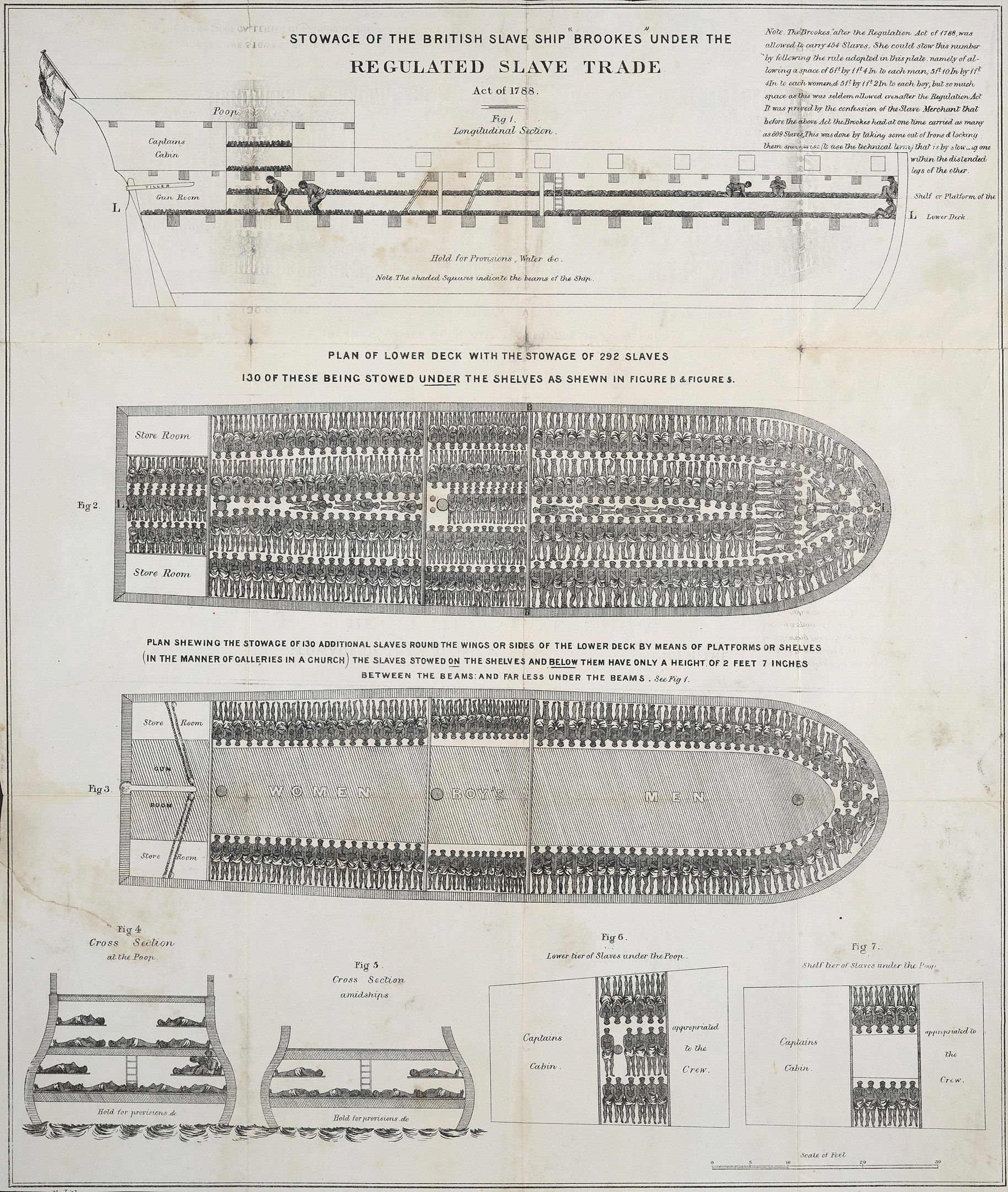
In stark contrast to the brutality of the events of May 25, 2020, there is a lesson central to what is commonly referred to as allyship. But like everyone else, I use it out of convenience. Personally, I’m not a fan of the term “ally,” as it carries with it the notion that the services provided are performative in nature; rendered in exchange for approval, recognition, or some other reward. Nor do I embrace the label “accomplice.” People favor this moniker because it hints at one having skin in the game or something at stake. It flat-out implies the person(s) have or will commit a crime. The work of advocating racial equity is no crime, but an act of love.
Supporting Black, Indigenous, and People of Color in our pursuit of racial equity works best when it is rooted in the desire to hinder or cease the occurrence of social injustices by leveraging one’s self, gifts, talents, abilities, and/or advantages to benefit a marginalized person. But with that said, allyship in its purest form is simply being a better person. It’s being the best version of yourself, bringing that self to the fore, and being fully present in your advocacy when the moment calls.
One need only watch the testimonies of the first two days of the trial to understand this is exactly what each of the witnesses did. The people on the scene observed Derek Chauvin—enabled by virtue of his badge, service pistol, and the presence of four intervening officers—commit an act so heinous they felt compelled to act.
This is the core of being an ally . . . calling out racial injustice for what it is and speaking truth to white power via the means that are uniquely you.
They spoke out, pleaded, and attempted to reason with the officers, but whiteness coupled with a badge is a powerful drug, and they remained unmoved. The 911 dispatch operator call her supervisor and the police. The uniformed off-duty firefighter in the area attempted to give Mr. Floyd medical aid, but her efforts were rebuffed. And a teenager, Darnella Frazier, had the presence of mind and courage to record the cellphone video of Mr. Floyd’s murder in its entirety.
These ordinary people, each in their own way, neither shied away from nor ignored what they recognized as patently wrong. Because of their character and their decision to do what they could at the time, they can now tell the world exactly what they saw. The truth. Not “their truth” or some version of it. Judging from their testimonies, the impact of the truth in their advocacy just might deliver justice for George Floyd.
This is the core of being an ally. Not throwing oneself in harm’s way, but calling out racial injustice for what it is and speaking truth to white power via the means that are uniquely you. Be it in the grocery store, the workplace, the doctor’s office, or the schoolyard, racism needs to be confronted. Otherwise, the extraordinary becomes commonplace.
New This Week
The first two days of testimony in the Chauvin murder trial have proved to be gut-wrenching for witnesses and viewers alike. Clay Rivers shares visceral observations on the American criminal justice system and possible outcomes.
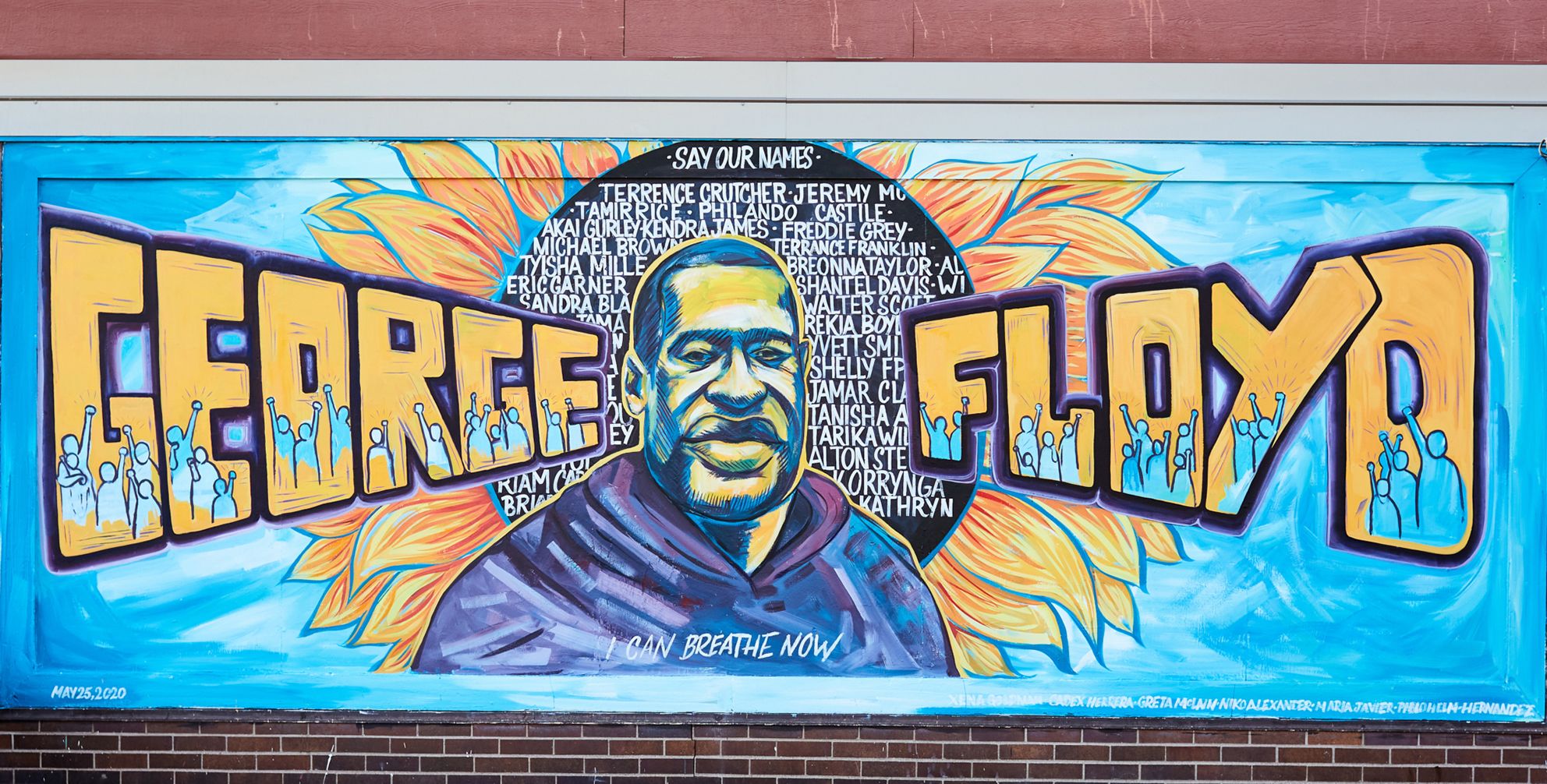
Supporting marginalized people in their quest for racial equity can be a tricky proposition to say the least. Clay Rivers recalls a recent conversation with a book study group about the high points and pitfalls of allyship
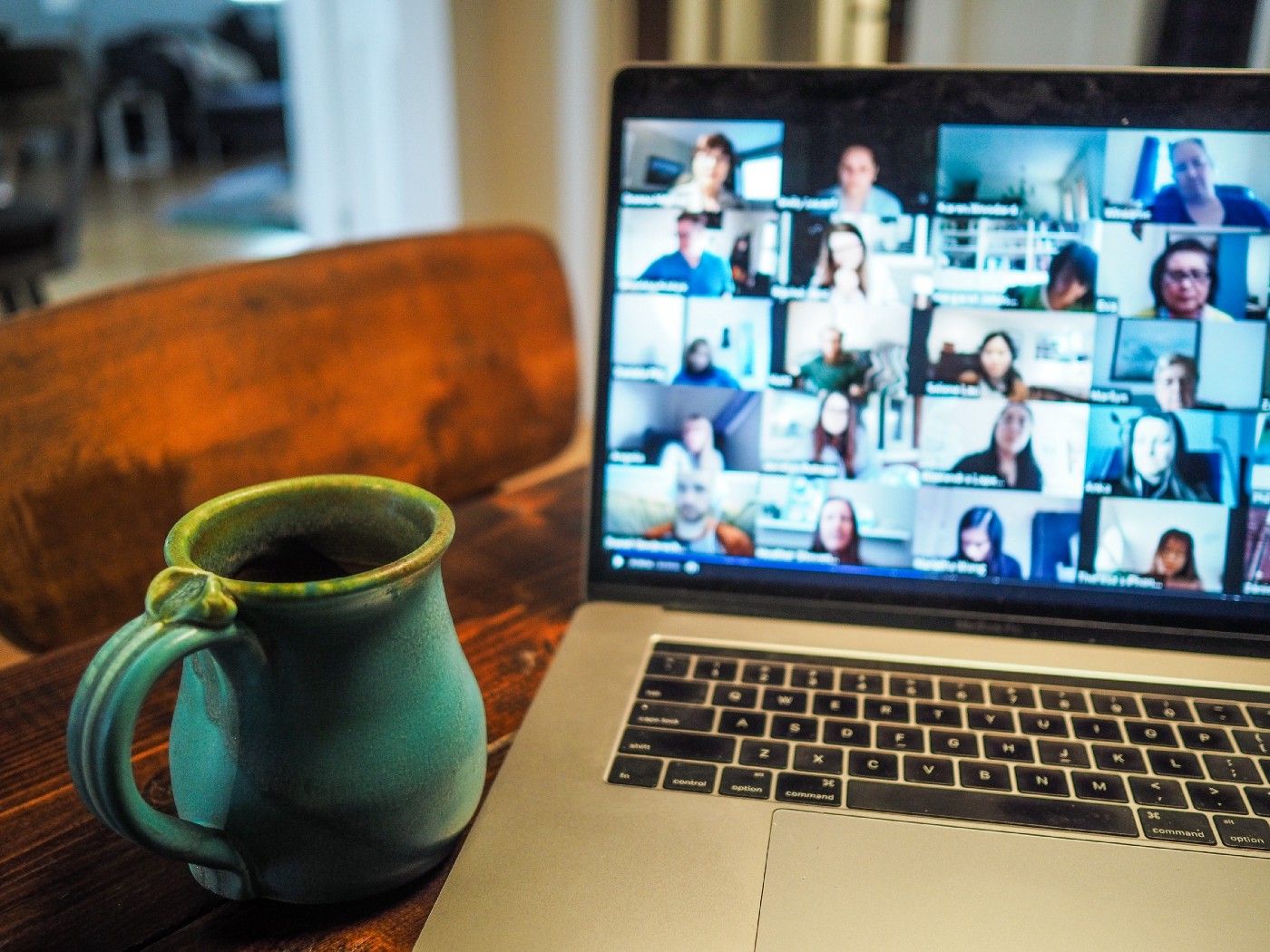
“Jim Crow” is the name for a set of laws and social customs that were enacted to keep Black Americans out of power and under the thumb of white Americans after Reconstruction. Many of us have celebrated the end of Jim Crow, but William Spivey points out that Jim Crow merely went underground, and today it is roaring back. Read more about that in his latest piece, “The Return of Jim Crow.”

After a year of living with the ravages of Covid-19, thousands of people have lost jobs, businesses, and careers. And many of these careers and business are not coming back. In his article “Modern Social Justice Requires Universal Basic Income,” Glenn Rocess presents a workable solution to a challenging situation that will only worsen for Black and Brown people the longer it goes ignored.
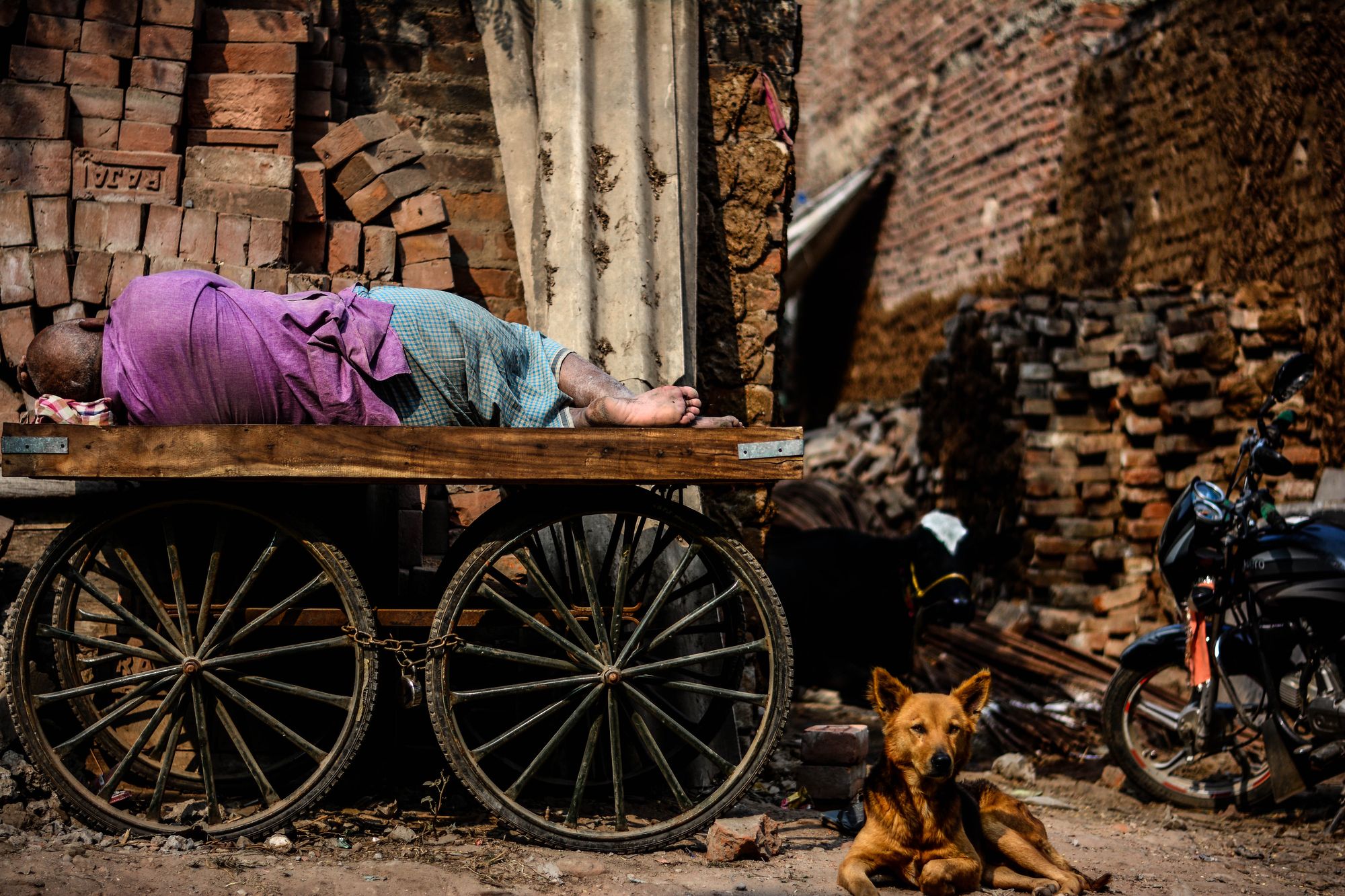
Get OHF Magazine, Issue No 2: The Baldwin Issue
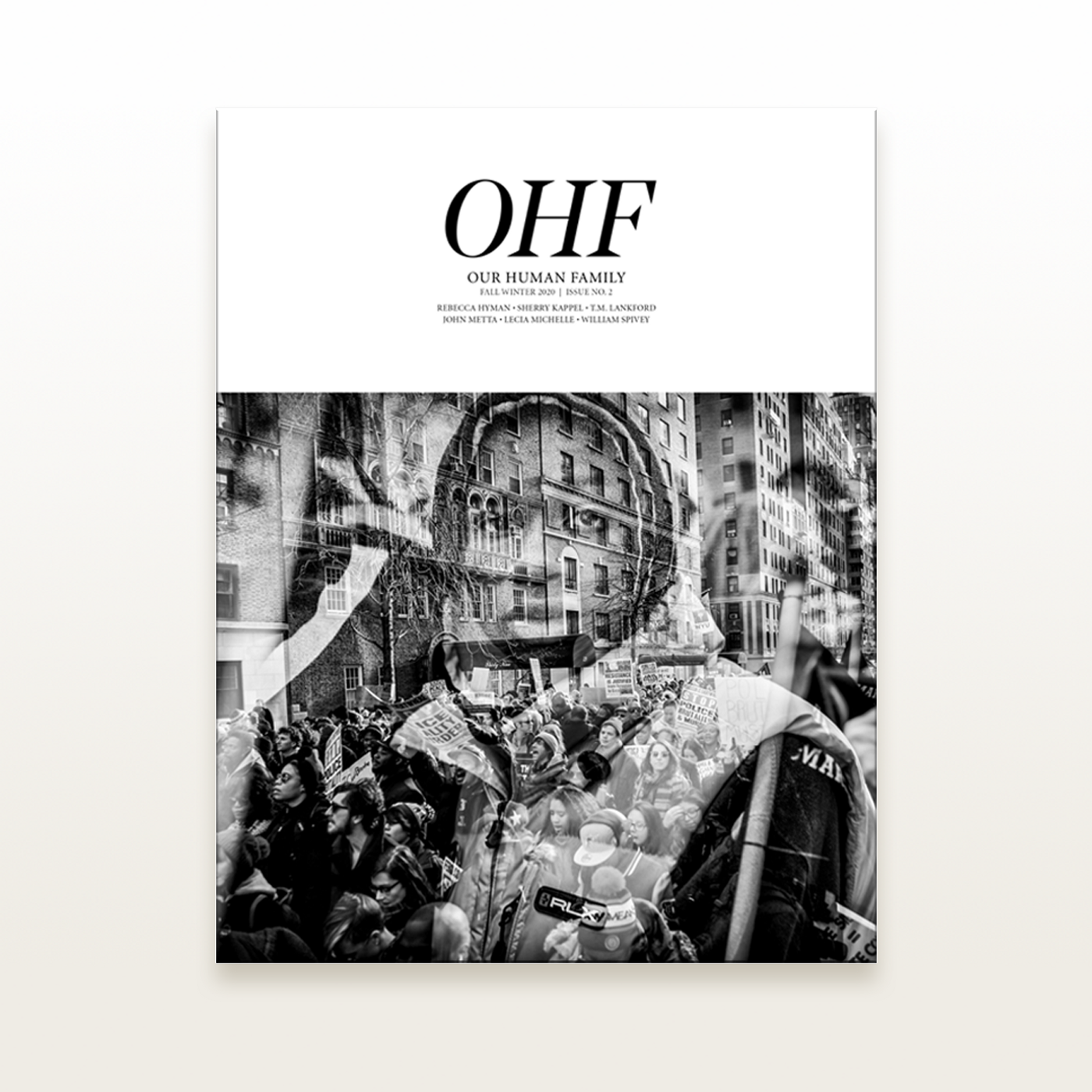
OHF Magazine, Issue 2. This issue’s inspiration: the prescient words of one of America’s premier authors, James Baldwin. Including articles by Rebecca Hyman, Sherry Kappel, TM Lankford-MSC, MAT, John Metta, Lecia Michelle, Clay Rivers, and William Spivey. Available now in print and for download only at our website.
Before You Go . . .
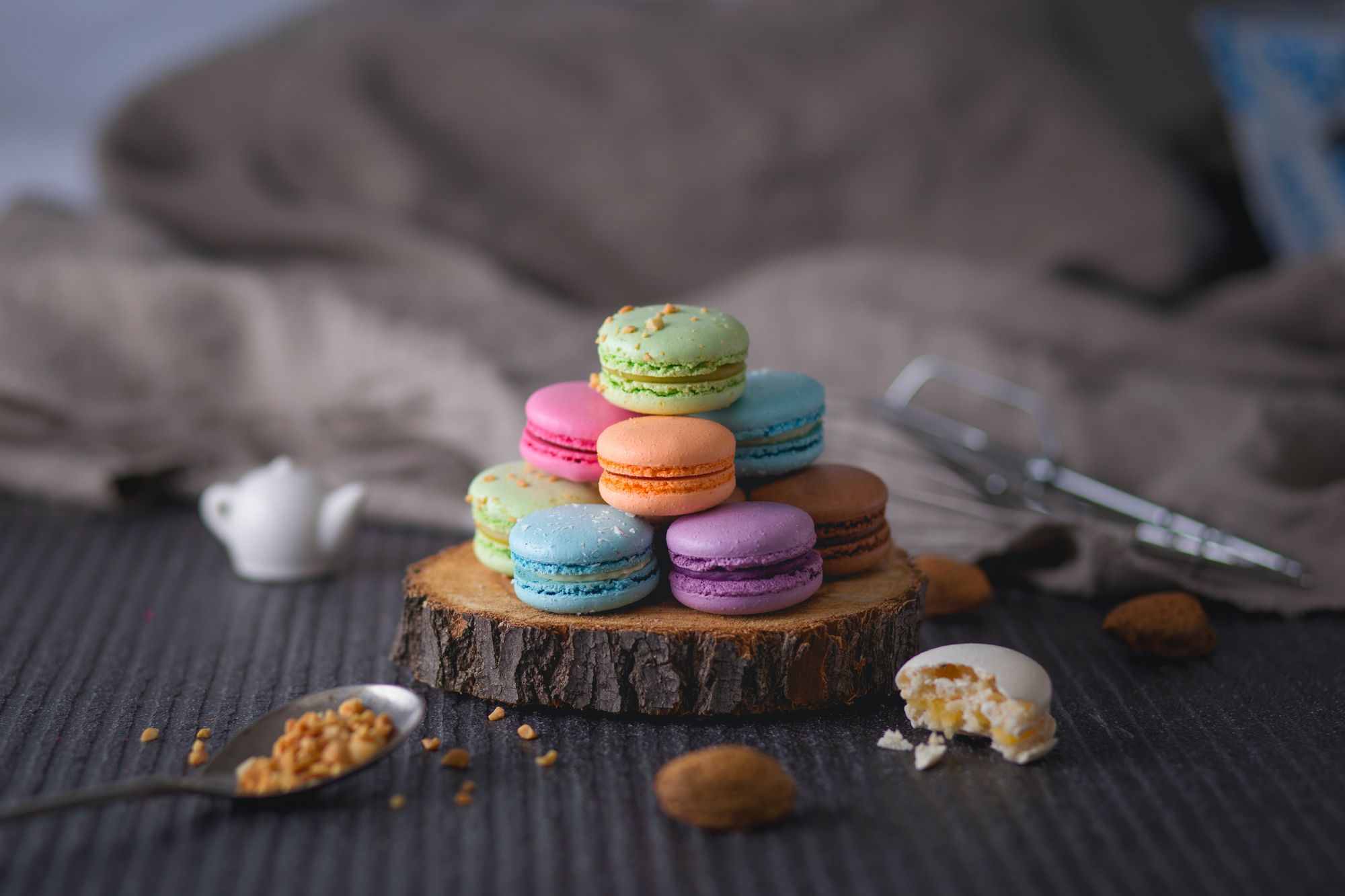
While the location of our digital newsroom has changed, our social media accounts—Twitter, Facebook, and Instagram—are all waiting for you to explore.
Leaving the familiar for the unknown can be a little unnerving, even when that change is for the better. But committing to change is always better with the reassurance of family and friends. Thank you for your support. Now go find some macarons and celebrate!
Love one another.
Clay Rivers
Our Human Family, Founder and Editorial Director
Top photo by Alasdair Elmes on Unsplash




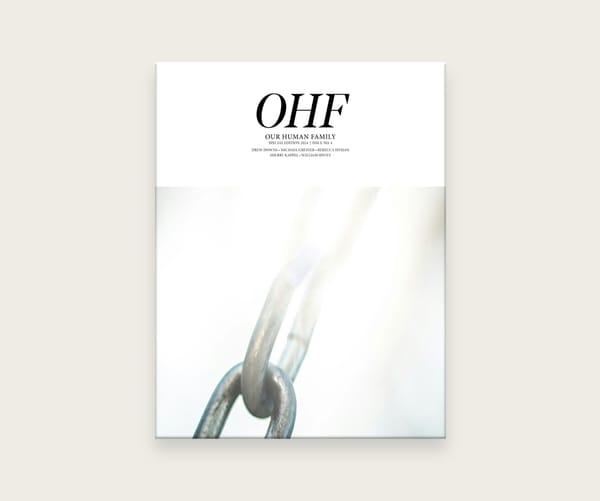
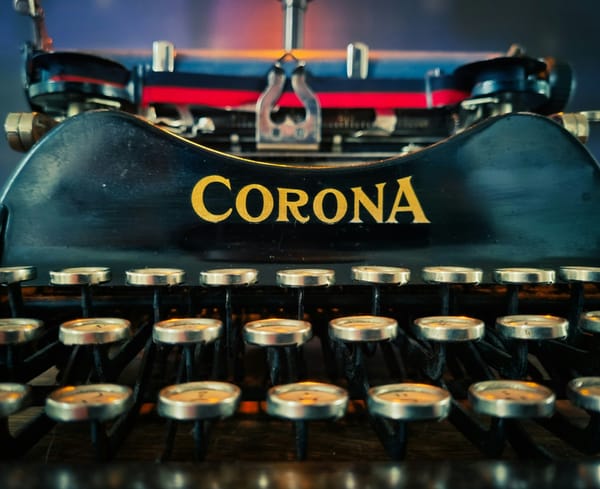


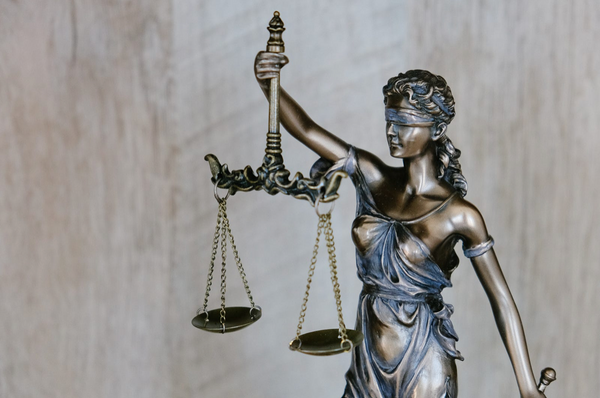
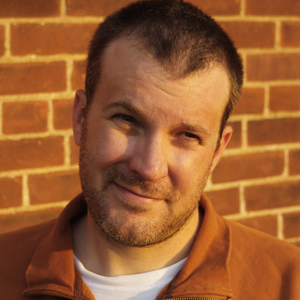
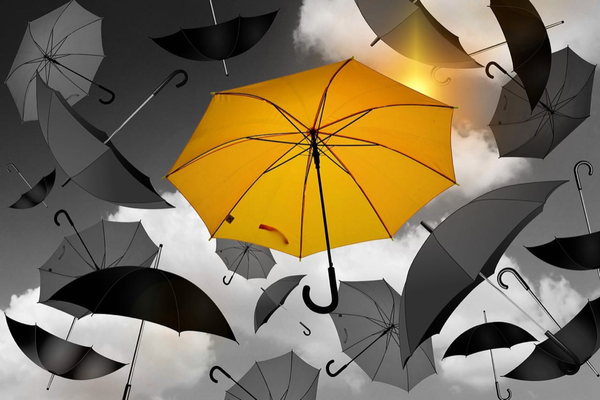
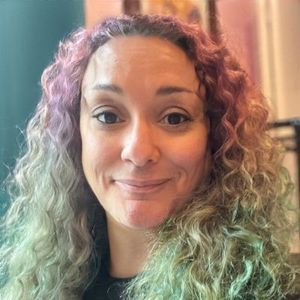
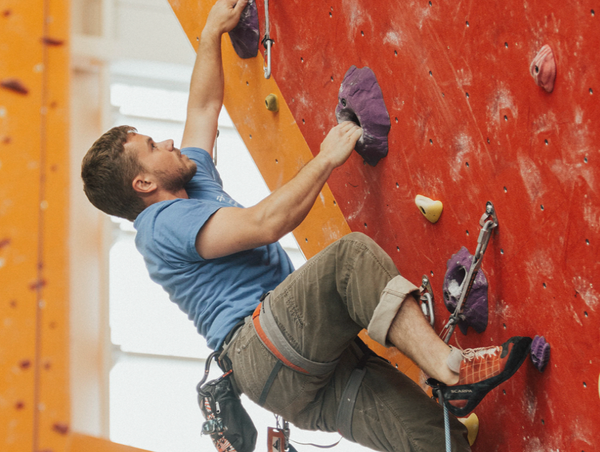

Member discussion